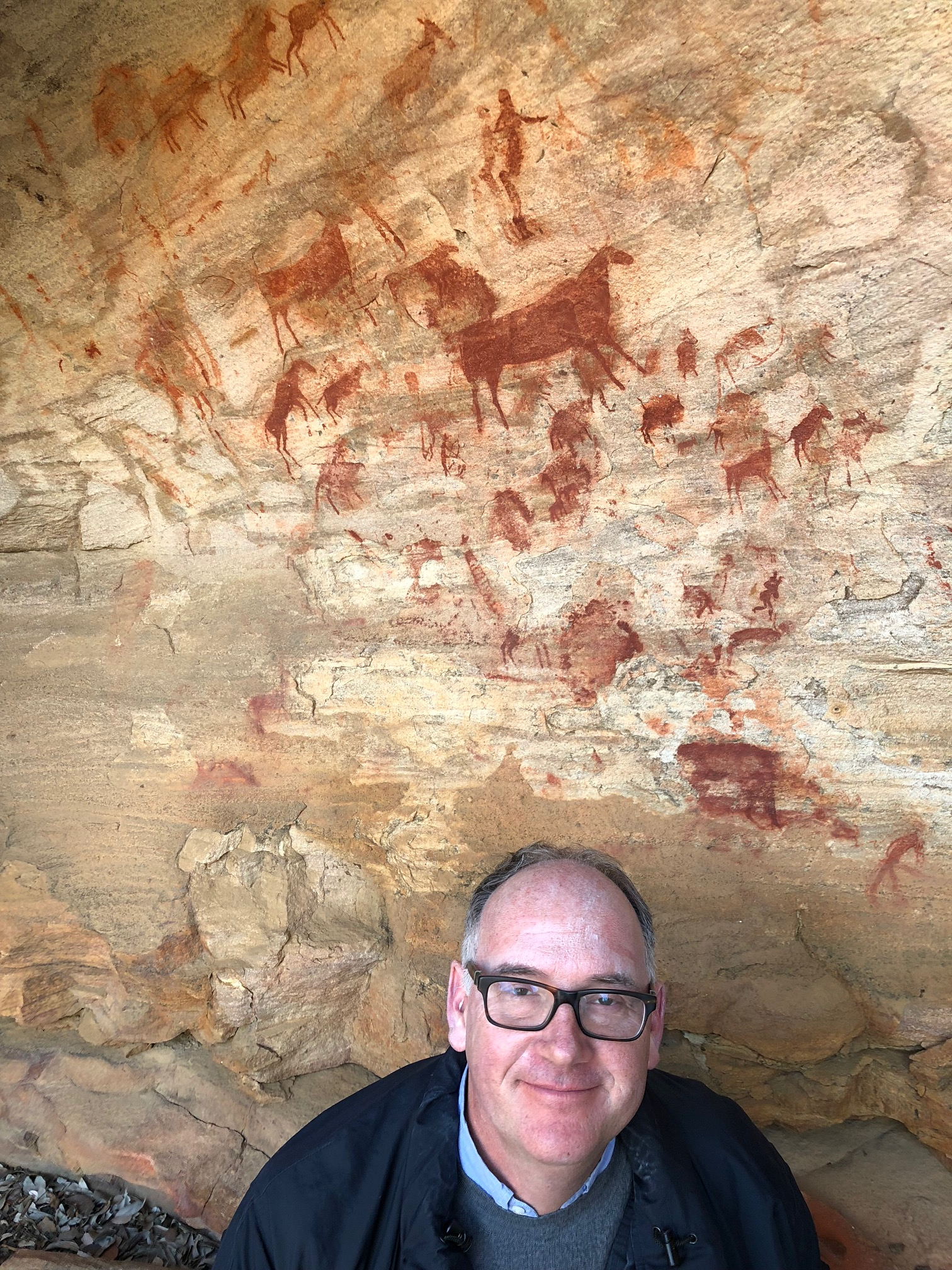
30
MayDrinking Wine, Baking Bread, and Making the Best of It: Humor and the Afterlife in Egyptian Tomb Scenes
Co-sponsored by the NY and PA Chapters
- 3:00 p.m.New York
- ZOOM Virtual Lecture
- + Add to Calendar
Since 1993, Stephen Harvey has been Director of the Ahmose and Tetisheri Project, which centers on excavation of the pyramidal complex of King Ahmose at Abydos, southern Egypt, under the aegis of the Pennsylvania-Yale-Institute of Fine Arts, NYU Expedition to Abydos. Harvey’s fieldwork in and around the pyramid complex of Ahmose (ca 1550-1525 BC) has resulted in major discoveries, including several previously undiscovered temples, the identification of the pyramid of Queen Tetisheri, and the analysis of thousands of fragments of the temples’ decorative program. Since 2000, Harvey has also been a popular lecturer and host on 19 tours to Egypt, Jordan and Lebanon sponsored by the Archaeological Institute of America, the Smithsonian Institution, the Field Museum, the Explorer’s Club, and the Petrie Museum (London).
While ancient Egyptian tomb chapels are often presented as unrelentingly serious in their content, with every element potentially considered for its religious meaning or its role in the function of tomb as a miniature world or microcosm, even a casual visitor to a tomb cannot help but be delighted by the variety of scenes which often feature unmistakably humorous or light-hearted content. Banquets that at first look like rows of serious men and women turn out to be full of drunken chatter. Markets where sober exchanges of goods are taking place can be disrupted by the apprehension of a thief, and the misbehavior of baboons. Examples in this lecture will be drawn from ancient Egyptian tomb scenes of many periods to illustrate some of the way that ancient artists used humor to amuse themselves and their audiences, while also populating the virtual world of the afterlife with characters, music, sound, and laughter. These strategies enabled distraction from the darker aspects of life, while also encouraging more time to be spent in the tomb reading, saying prayers, eating and drinking – to the benefit of both the living and the dead. If you want to Register for this lecture click here